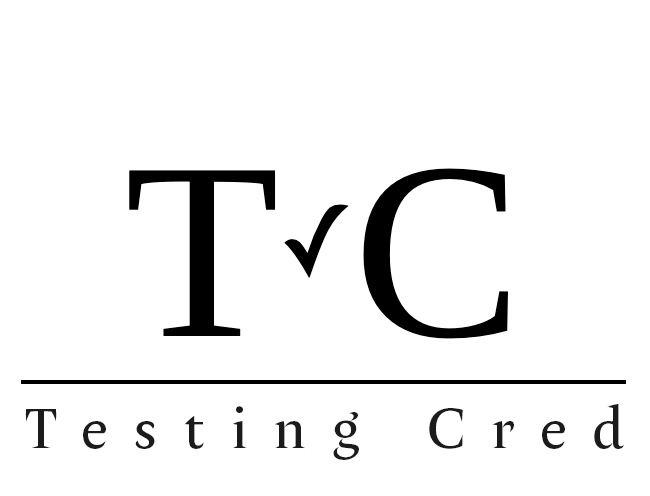Getting promoted in software testing involves more than just technical expertise. It requires demonstrating value to your team and organization, showcasing leadership qualities, and effectively communicating your accomplishments such as ISTQB software testing certification. Understanding what managers look for, how to build your case for a promotion, and weighing the benefits of staying at your current company versus exploring opportunities elsewhere are crucial steps in advancing your career. Here’s a comprehensive guide on how to get promoted in Software QA.
What Do Managers Want to See?
1. Technical Proficiency: Beyond mastering the basics, staying abreast of the latest QA methodologies, tools, and trends is crucial. Managers look for individuals who continuously improve their skill set and apply best practices to enhance testing efficiency and effectiveness. Proving you understand API testing is a good example.
2. Problem-Solving Skills: The ability to identify problems, analyze them, and come up with innovative solutions is highly valued. Managers appreciate team members who can handle challenges proactively and contribute to the improvement of QA processes.
3. Leadership and Initiative: Taking the lead on projects, mentoring junior team members, and demonstrating a willingness to take on responsibilities beyond your job description show potential for leadership roles.
4. Communication Skills: Effective communication with team members, stakeholders, and across departments is essential. The ability to articulate testing outcomes, progress, and challenges ensures that QA’s value is understood and appreciated within the organization.
5. Collaboration and Teamwork: Being a team player who can work well with others, including developers, project managers, and business analysts, is critical. A collaborative approach to testing can lead to more effective problem-solving and project success.
Building Your Case for Promotion
1. Document Your Achievements: Make sure everyone is aware of your certifications and credentials through LinkedIn and the Official U.S. List of Certified & Credentialed Software Testers™ that AT*SQA advertises millions of times per year. Keep a detailed record of your contributions, including successful projects, problems solved, efficiencies gained, and any commendations from colleagues or management. This evidence will support your case for promotion.
2. Seek Feedback and Set Goals: Regularly ask for feedback from your manager and peers to identify areas for improvement and development. Set clear, achievable goals that align with your career aspirations and the needs of your team or company.
3. Take on More Responsibility: Volunteering for additional tasks, particularly those that stretch your capabilities or involve leadership, demonstrates your readiness for the next step in your career.
4. Enhance Your Skills: Pursue further education, certifications, and training opportunities relevant to your career goals. Showing a commitment to your professional development can make you a more compelling candidate for promotion.
5. Communicate Your Aspirations: Have an open and honest discussion with your manager about your career aspirations. Express your desire for advancement and seek advice on how to achieve your goals within the organization.
Staying vs. Leaving
Benefits of Staying:
- Familiarity: You have an in-depth understanding of the company’s products, processes, and culture, which can be advantageous in a higher-level role.
- Relationships: Established relationships with colleagues and management can provide a strong support network and influence.
- Growth Opportunities: Many companies offer career development programs, mentorship, and training to foster internal talent.
Benefits of Leaving:
- New Challenges: Moving to a new company can offer fresh challenges, different technologies, and methodologies to learn, broadening your experience.
- Market Value: Exploring opportunities elsewhere can potentially lead to a significant salary increase or a more senior position that may not be currently available within your current company.
- Diverse Experience: Gaining experience in different organizational cultures and project environments can enhance your resume and make you a more versatile QA professional.
Next Steps for Getting Promoted in Software QA
Getting promoted in Software QA requires a combination of technical excellence, soft skills, initiative, and strategic career planning. By understanding what managers value, actively building your case for promotion, and considering the benefits of staying with your current company versus exploring new opportunities, you can navigate your career path toward success and fulfillment in the QA field.
